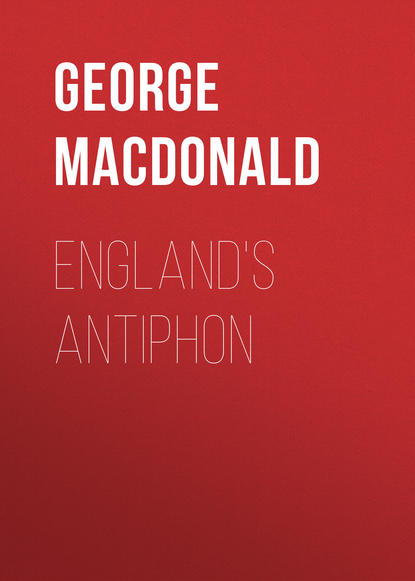По всем вопросам обращайтесь на: info@litportal.ru
(©) 2003-2025.
✖
England's Antiphon
Настройки чтения
Размер шрифта
Высота строк
Поля
14
I owe almost all my information on the history of these plays to Mr.Collier's well-known work on English Dramatic Poetry.
15
Able to suffer, deserving, subject to, obnoxious to, liable to death and vengeance.
16
The word harry is still used in Scotland, but only in regard to a bird's nest.
17
Do-well, Do-better, and Do-best.
18
Complexion.
19
Ruddiness—complexion.
20
Twig.
21
Life (?).—I think she should be he.
22
Field.
23
"Carry you beyond this region."
24
For the knowledge of this poem I am indebted to the Early English Text Society, now printing so many valuable manuscripts.
25
The for here is only an intensive.
26
Pref is proof. Put in pref seems to stand for something more than being tested. Might it not mean proved to be a pearl of price?
27
A word acknowledged to be obscure. Mr. Morris suggests on the left hand, as unbelieved.
28
"Except that which his sole wit may judge."
29
"Be equal to thy possessions:" "fit thy desires to thy means."
30
"Ambition has uncertainty." We use the word ticklish still.
31
"Is mingled everywhere."
32
To relish, to like. "Desire no more than is fitting for thee."
33
For.
34
"Let thy spiritual and not thine animal nature guide thee."
35
"And I dare not falsely judge the reverse."
36
A poem so like this that it may have been written immediately after reading it, is attributed to Robert Henryson, the Scotch poet. It has the same refrain to every verse as Lydgate's.
37
"Mourning for mishaps that I had caught made me almost mad."
38
"Led me all one:" "brought me back to peace, unity, harmony." (?)











